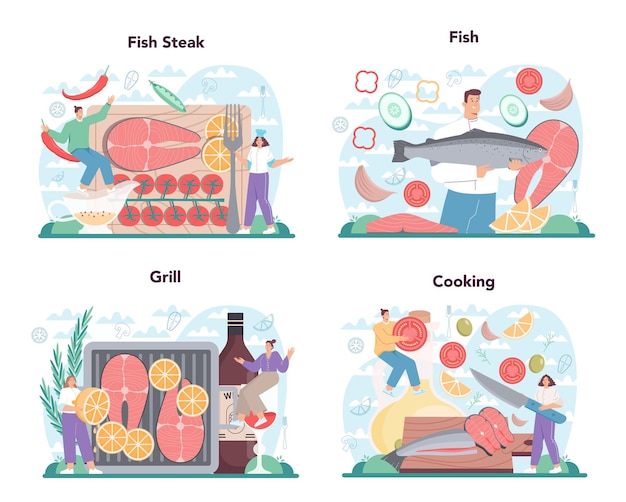
Keeping healthy can be as simple as eating the right foods. A nutritious, balanced diet can help fight off diseases like heart disease and diabetes, while also helping people with these conditions manage their health better. “Healthy eating” might mean different things to us, but the main goal remains the same: eat in a way that is consistent and gives our bodies the nutrients they need to do well. Wondering how to start eating healthier and stick with it for life? Here are some key strategies recommended by the experts.
Good nutrition is the foundation of good health. It involves eating food that’s rich in important vitamins and minerals, without too much fat. For most of us, eating more high-fiber foods is a good choice. Most people will benefit from eating five servings of fruit and vegetables every day.
Another part of good nutrition is being mindful of how much you eat. This helps you make sure you don’t take in more calories than your body needs each day.
Eating well and getting regular exercise are the keys to good health. But try not to fall for fad diets that promise quick results but are hard to keep up with, and could even harm your health. Instead, try to find a sustainable way of eating that focuses on nutritious foods.
If you’re wondering whether you need to rethink your diet, ask yourself these questions:
– Has a doctor warned you about a health issue or risk factor, like high blood pressure or high cholesterol levels?
– Has a doctor suggested better nutrition might improve your health?
– Are there health problems that run in your family, like diabetes, cancer, heart disease, or osteoporosis?
– Have you gained weight over time or are you currently overweight?
– Are you unsure about what foods you should eat or whether you should take dietary supplements?
– Do you think seeing a nutritionist – a registered dietitian who gives advice on nutrition – could be helpful?
Getting started on better eating habits can be tough, but you can do it by making changes little by little. If you have health conditions like kidney disease, lactose intolerance, or celiac disease, changing your diet becomes even more important. Here are some practical steps you can try. Also, be sure to stay in touch with your healthcare provider to check your progress:
1. Evaluate your current diet: Are you eating 4-5 portions of fruit and vegetables every day? Are you getting enough calcium? Are whole grains and high-fiber foods part of your diet? If you’re doing well in these areas, keep going; if not, try to add more of these foods into your meals each day.
2. Keep a record of what you eat and drink each day: Keeping a food diary can give you insight into your diet and show you where you might need to make changes.
3. Consider getting advice from a registered dietitian: They can give you personalized dietary advice, especially if you have specific health concerns.
Another key part of healthier eating is to cut down on unhealthy fats. If you’re used to eating a diet with a lot of fat, here are some changes to think about:
– Cook meat by baking, grilling, or roasting it, rather than frying. Before cooking chicken or turkey, removing the skin can be a healthy choice. Also try to eat fish at least once a week.
– Decrease your use of extra fats, like butter on bread or high-calorie salad dressings. Look for low-fat or fat-free options instead.
– Eat more fruit and vegetables, as part of your meals and snacks.
– Take the time to look at nutrition labels on food products before you buy them. If you have trouble understanding the labels, ask your healthcare provider or dietitian for help.
– When you eat out, watch out for hidden fats and portions that are larger than necessary.
It’s also crucial to stay properly hydrated. Choose drinks with zero or low calories, like water or tea. Drinks with sugar, including fruit juice, soda, sports drinks, and flavored milks, just add unnecessary sugar and calories to your diet.
Remember, there’s no magic solution when it comes to nutrition. A varied diet with plenty of whole foods is the most beneficial. Be careful with diet programs or products that seem too good to be true. And finally, set goals that you can really achieve. It could be just cutting back on unhealthy fats, or making a few small changes to your diet. Remember, your health is worth the journey.
About the author:
Anamika Singh is a content marketer at Rotimatic and a dedicated mother of two. She writes engaging content on parenting, cooking, home appliances, and home maintenance, drawing on her own personal experience. When she isn’t creating content or looking after her family, Anamika likes to cook up tasty dishes in the kitchen and lose herself in a good book. Her practical advice and actionable tips are valued by her readers.
Categories: Healthy Tips
Tags: Better Health, Expert Advice, Smart Eating


